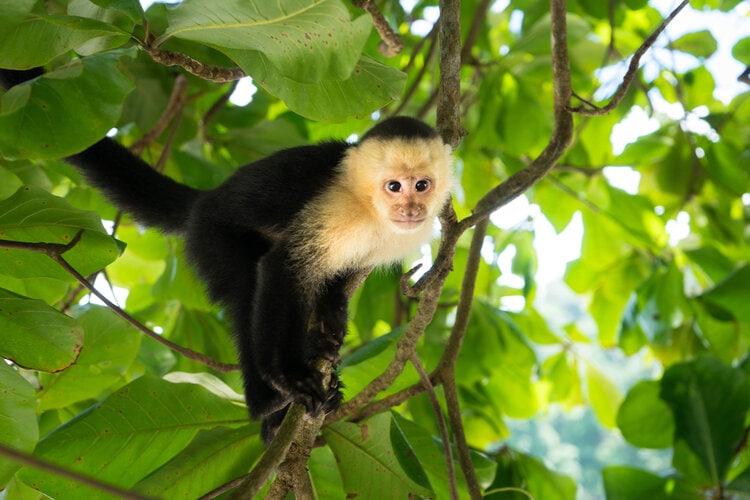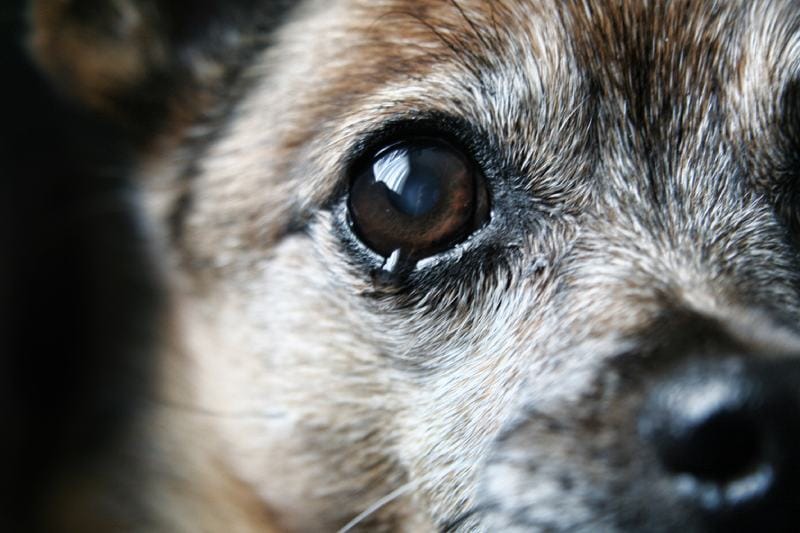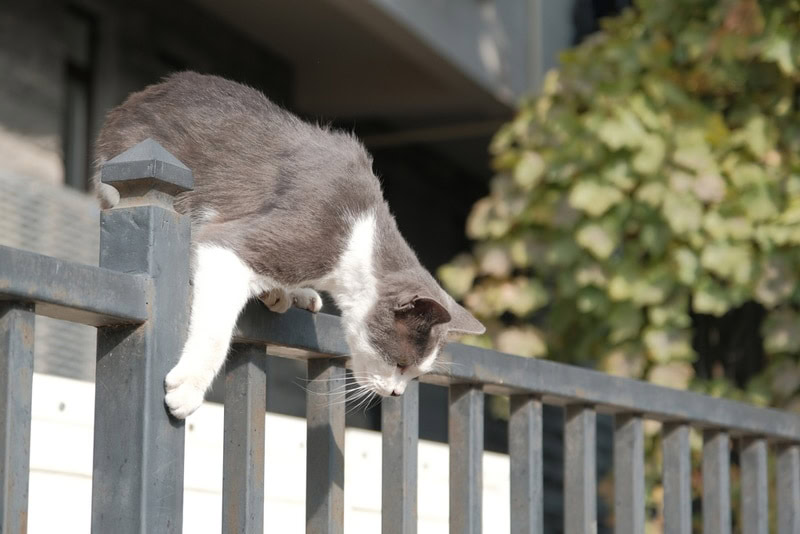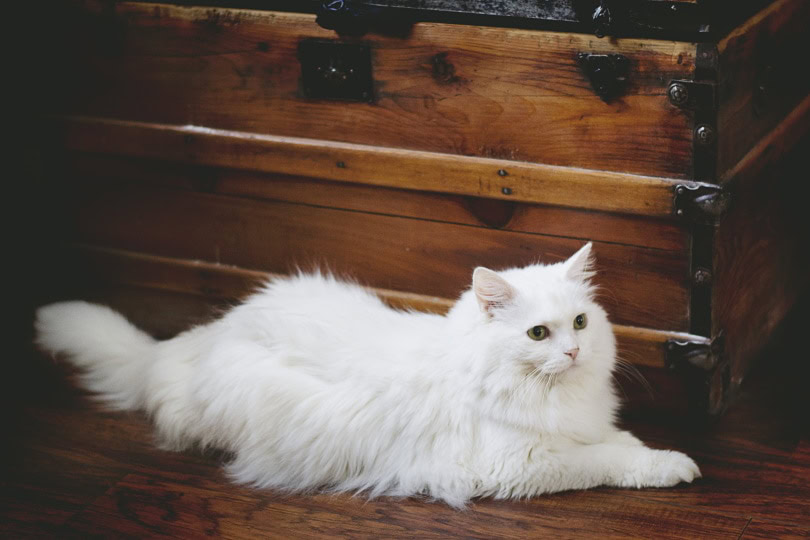Click to Skip Ahead
From Ross on “Friends” to Justin Bieber, many characters and celebrities have owned capuchin monkeys because they found them to be incredibly appealing. Native to South America, these animals are about the size of newborn humans and have irresistible faces that beg for attention.
Unfortunately, their looks are to their detriment, since capuchin monkeys are not suited to pet ownership. While they’re legal to own in certain areas and quite popular, these primates have needs that are difficult to meet in captivity, and they may pose a risk to humans and other pets.
Capuchin Monkey Origin and History
The capuchin monkey is a New World monkey in the subfamily Cebinae. Most capuchin monkeys live in the tropical forests of Central and South America, where they may be known as “white-faced” monkeys. In the wild, they may live up to 25 years.
The name “capuchin” comes from their resemblance to the Order of the Friars Minor Capuchin, a group of friars that wear brown robes. Capuchins can be black, brown, tan, or white, but the colors and patterns vary by species. Most captive capuchins are dark brown with white faces and necks.
Capuchin monkeys have a long history with humans and were used in 20th-century organ grinder performances and as jockeys in greyhound races. In the captive trade, capuchin monkeys are kept as exotic pets, as service- and mobility-assistance animals, and as Hollywood animal performers for films and television.
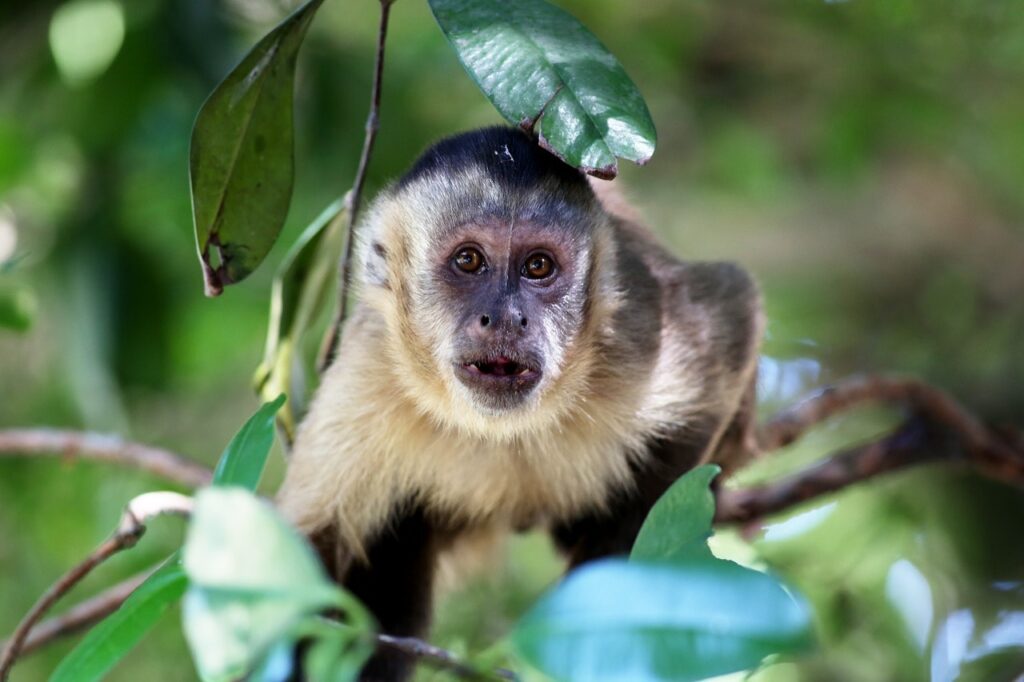
Capuchin Monkey Behavior and Temperament
Considered the most intelligent of the New World monkeys, capuchins are diurnal and highly social. Like other primates, capuchins are territorial and will urinate to mark their space. Owners may use diapers for their monkey’s whole life to prevent unwanted urination and defecation.
As babies, captive capuchin monkeys are charming and require care similar to that of a human infant. Due to the close connection of bottle feeding, the babies may bond with their human owners. As they age, though, capuchins may develop aggression and destructive tendencies. When bored or frustrated, the capuchin may throw feces or masturbate openly.
Capuchin Monkey Housing and Diet
In the wild, capuchin monkeys have plenty of space to swing from trees and explore their surroundings. Most private owners lack the space to accommodate a naturalistic enclosure, which can lead to boredom, frustration, and aggression in captive monkeys.
If you do choose to keep a capuchin monkey, you must provide the largest amount of space possible and include trees, ropes, shaded areas, and toys. If you plan to give your pet free rein in the house, make sure you monkey-proof the place. Even with the best precautions, monkeys are curious and intelligent, so an escape is likely.
The capuchin’s wild diet includes fruit, insects, flowers, nuts, and small birds. Replicating this diet in captivity is challenging, though commercial monkey food is available. You can supplement it with fruits, vegetables, baby food, and small portions of cooked meat. Your monkey should never have dairy, sweets, or other human foods not found in their natural diet, since it can lead to health problems.
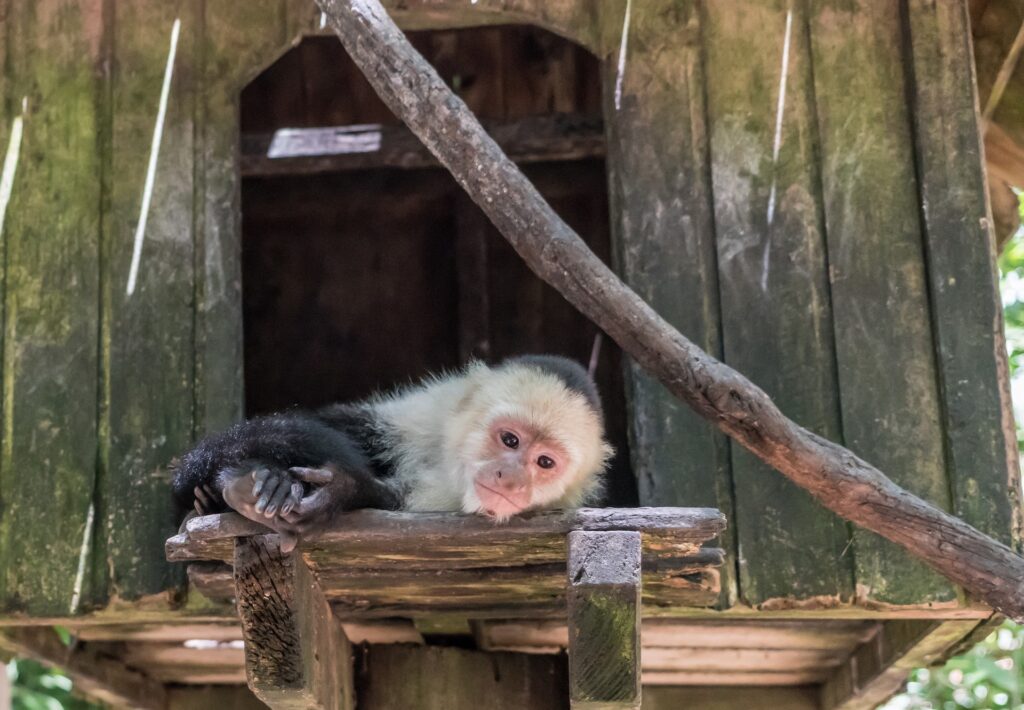
Cost and Legal Issues of Capuchin Monkey Ownership
Several states allow pet capuchin monkeys, including Florida, North Carolina, Mississippi, West Virginia, Indiana, North Dakota, Kansas, Texas, and Nebraska. Laws change frequently, and some states have restrictions on exotic animals by county or locality. Be sure to research your state and local laws before purchasing or rescuing a monkey and obtain any necessary licensing or permits. In addition, some homeowner’s insurance policies may require additional liability coverage in case your monkey attacks someone.
Capuchin monkeys are popular pets, so you can expect their purchase price to be between $5,000 and $7,000. Reputable breeders usually have healthier—and more expensive—animals. You can check if the breeder is licensed through the USDA and cross-check their federal number. The illegal pet trade is a multibillion-dollar industry, so do your due diligence to avoid getting a sick animal or getting scammed out of your money.
Another factor to consider is that even reputable breeders pull the babies from their mothers early to encourage bonding with humans. In the wild, capuchin babies stay with their mothers for years, so taking a baby too soon can cause emotional and psychological damage.
Capuchin Monkey Health
Primates carry plenty of zoonotic diseases, or diseases that may be transmitted from animals to humans. Monkeys are natural hosts of the herpes B virus, rabies, hemorrhagic fever, monkeypox, yellow fever, tuberculosis, and Ebola.
Pet monkeys can also catch diseases from humans, such as Salmonella, Giardia, and measles. Even without illness, captive monkeys require specialized diets and plenty of exercise to stay healthy, which is difficult for most people to accommodate. Your monkey will need regular checkups from a qualified exotic veterinarian. Before you bring a monkey home, be sure to locate a qualified vet in your area.
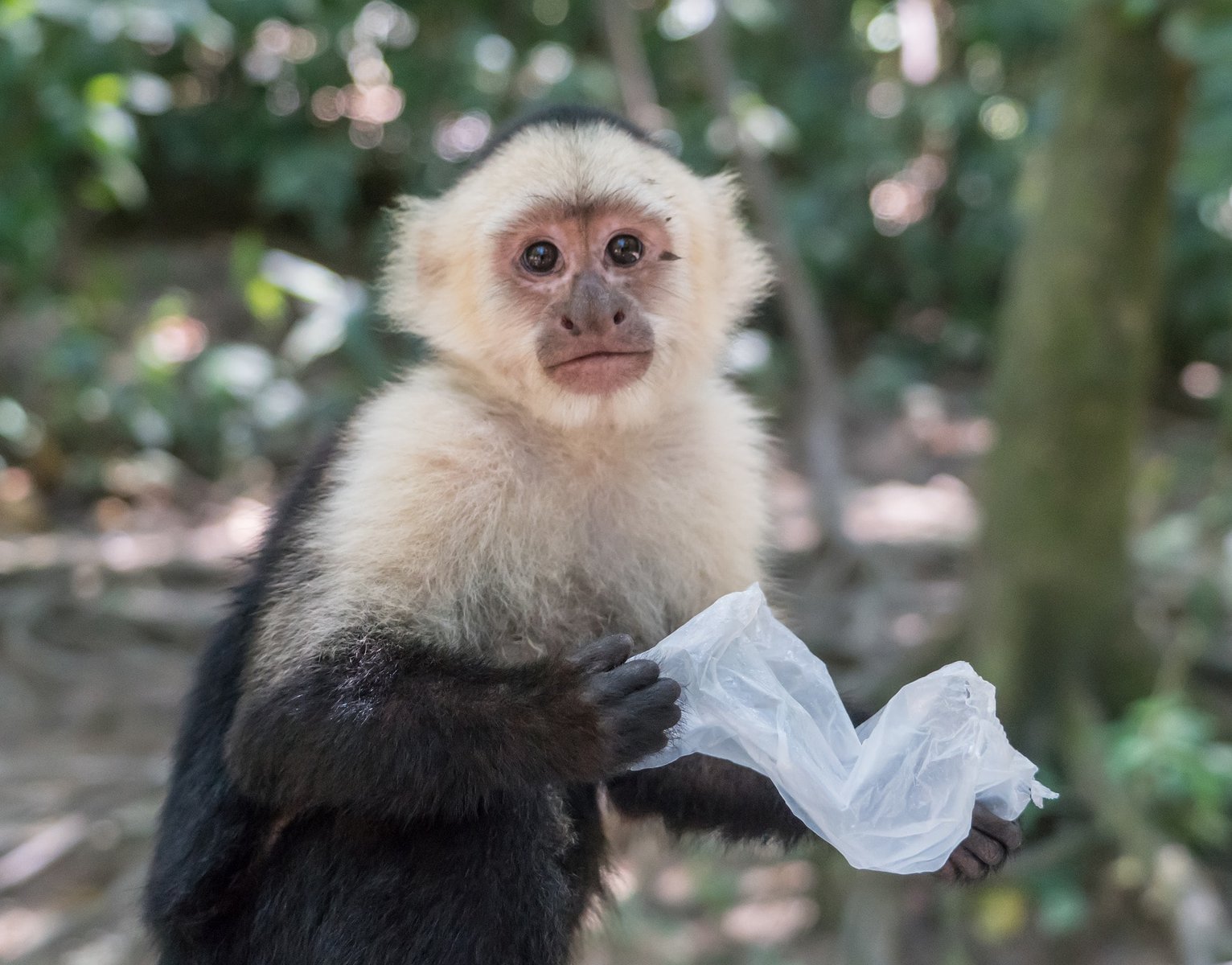
Other Legal and Ethical Issues
Major animal organizations, such as the American Veterinary Medical Association, the American Society for the Prevention of Cruelty to Animals, and the World Wildlife Fund, are against monkey ownership. In addition to the cruelty of forcibly removing animals from their natural habitats, pet monkeys pose a risk to public health and fuel the ongoing cruelty of the illegal pet trade.
Final Thoughts
Do capuchin monkeys make good pets? Overall, no, monkeys are not good pets. They are cute and charming babies and bond with their human companions easily. Unfortunately, these perks are offset by high-maintenance needs that are difficult, if not impossible, to accommodate for the average person. This is true for many other non-human primates, including chimpanzees, gibbons, and marmosets.
Featured Image Credit: Pesek Photo, Shutterstock
